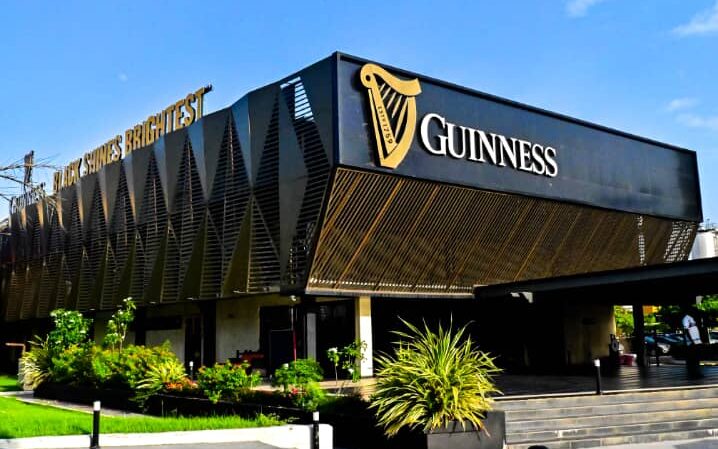Guinness Nigeria Plc has reported a pre-tax loss of N16.03 billion for the first quarter of 2024, ending September. This disappointing financial performance reflects the ongoing challenges faced by the company, including rising production costs, shifts in consumer preferences, and a competitive market environment. The substantial loss is indicative of the broader difficulties within the Nigerian beverage industry, as companies grapple with inflationary pressures and economic uncertainties.
Challenges Contributing to Financial Loss
The significant pre-tax loss reported by Guinness Nigeria can be attributed to several key factors. First and foremost, the rise in input costs has severely impacted the company’s profit margins. The prices of raw materials, including barley and sugar, have surged due to global supply chain disruptions and domestic inflation, leading to increased production expenses. This inflationary environment has made it challenging for Guinness to maintain its pricing strategy while keeping up with operational costs.
Furthermore, changes in consumer behavior have played a critical role in the company’s financial challenges. With inflation eroding purchasing power, many consumers have shifted towards more affordable beverage options, impacting the sales of premium products like Guinness. The company’s traditional offerings have faced stiff competition from lower-cost alternatives, leading to decreased market share and revenue.

The Nigerian economy’s ongoing volatility, marked by foreign exchange fluctuations and regulatory challenges, has also contributed to the company’s losses. The naira’s depreciation against major currencies has increased the cost of imported materials, further straining operational finances for Guinness Nigeria.
**Market Position and Competitive Landscape**
Despite its longstanding presence in the Nigerian market, Guinness Nigeria faces stiff competition from both local and international beverage companies. Competitors have aggressively pursued market share, often at the expense of pricing, forcing Guinness to reconsider its market strategies. The company has struggled to innovate in a way that resonates with consumers who are increasingly drawn to value-oriented products.
Additionally, changing consumer preferences toward healthier options and craft beverages have shifted the landscape of the beverage market. As younger consumers gravitate towards non-alcoholic alternatives and artisanal drinks, traditional brands like Guinness may find it difficult to adapt quickly enough to these changing trends.
**Strategic Responses and Future Outlook**
In light of these challenges, Guinness Nigeria is likely to undertake strategic initiatives aimed at reversing its financial fortunes. The company may need to reassess its product portfolio to align with current consumer trends, potentially introducing new lines that cater to health-conscious consumers.
Cost-cutting measures could also become a priority as Guinness seeks to improve its operational efficiency. This could involve streamlining processes, renegotiating contracts with suppliers, or enhancing supply chain management to mitigate the impact of rising costs.
Moreover, investing in marketing strategies that emphasize brand loyalty and highlight the unique qualities of Guinness products will be crucial. Engaging consumers through innovative campaigns, partnerships, and community-oriented initiatives can help rebuild brand affinity and drive sales growth.
Conclusion
Guinness Nigeria Plc’s N16.03 billion pre-tax loss for Q1 2024 underscores the significant hurdles the company faces amid a challenging economic landscape. Rising input costs, shifting consumer preferences, and intensified competition are all factors that have contributed to this disappointing financial performance.
As the company navigates these challenges, it must adopt a proactive approach, focusing on innovation, operational efficiency, and strategic marketing. With the right measures in place, Guinness Nigeria can work towards regaining its footing in the market and ultimately reversing its current trajectory. The coming months will be critical as the company seeks to turn around its fortunes and adapt to the evolving beverage landscape in Nigeria.
Support InfoStride News' Credible Journalism: Only credible journalism can guarantee a fair, accountable and transparent society, including democracy and government. It involves a lot of efforts and money. We need your support. Click here to Donate
